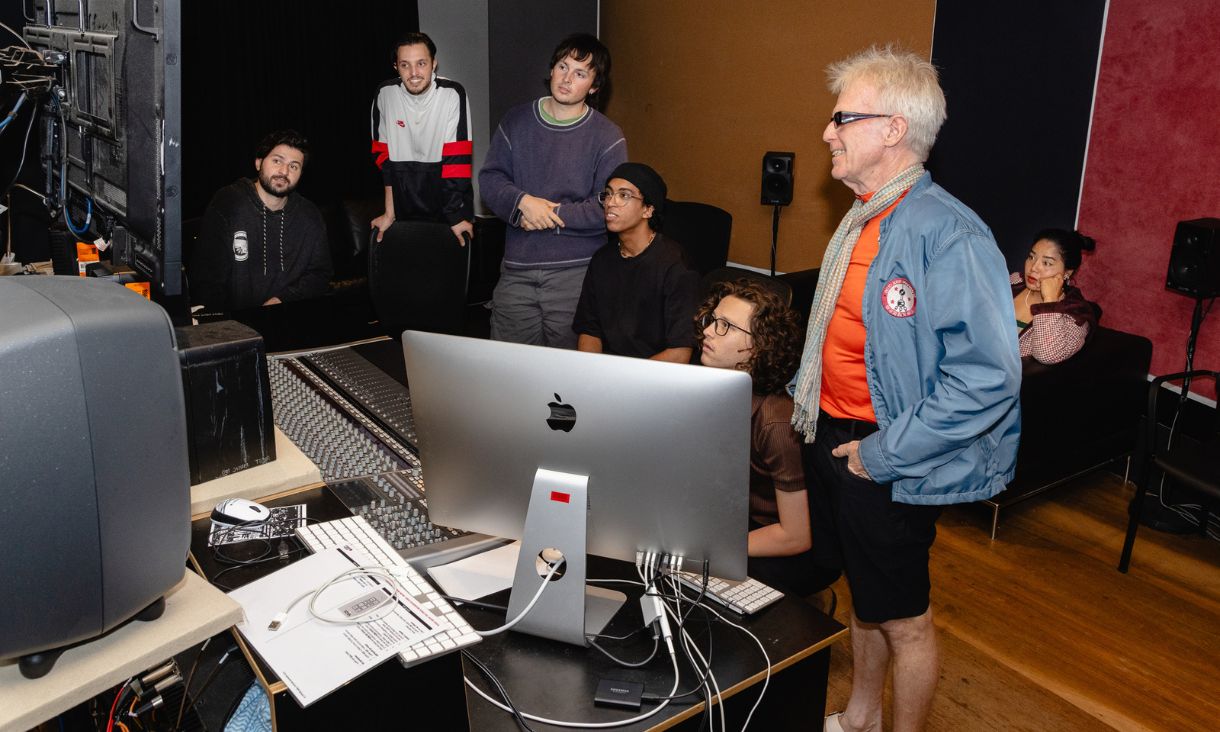RMIT excels in 2024 Good Design Awards
Outstanding innovations by RMIT graduates, students and staff have been recognised at this year's Good Design Awards.
Creative video works envision inclusive futures for Arts Centre Melbourne initiative
Artworks by RMIT students have been selected to feature in Alter State, a disability-led arts initiative celebrating Deaf and Disabled artists, creativity and culture.
How stories and poetry are reconnecting cultures across the Asia-Pacific
A series of events in Melbourne this October bring together First Nations and non-Indigenous writers, poets and scholars from across the Asia-Pacific.
What does Australian film and TV look like after nearly ten years of streaming?
RMIT University brings together researchers and screen industry to look at changes in our film and TV audience habits, streaming strategies, and policy recommendations.







